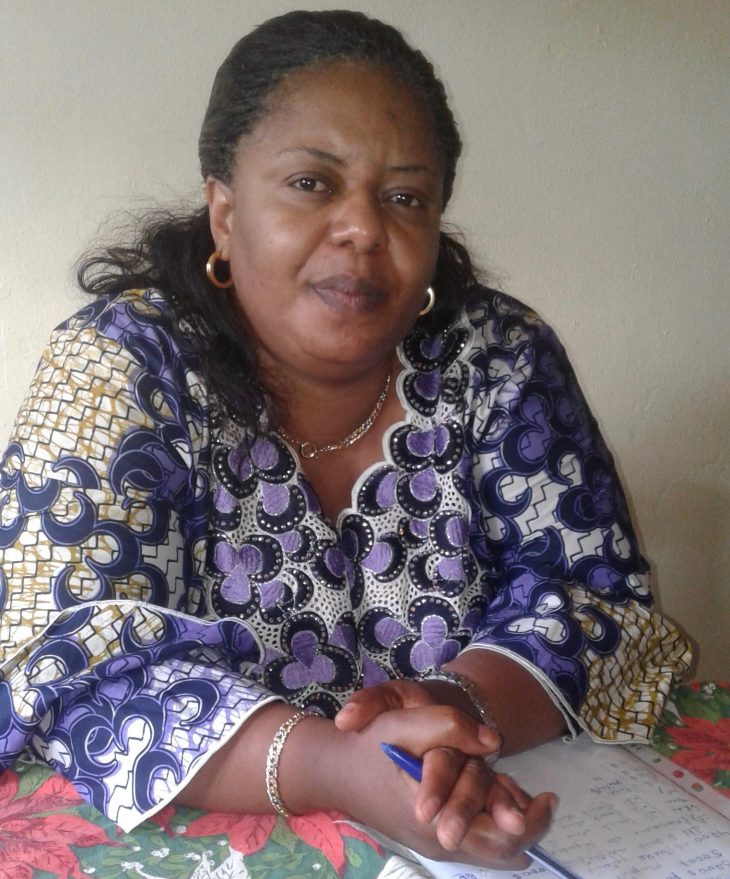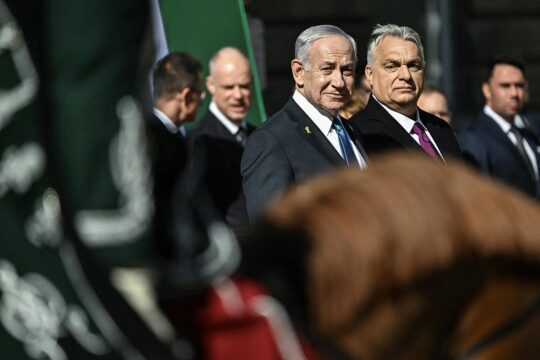This week has reflected the different faces of transitional justice as it hesitates, moves forward and sometimes moves back.
The Prosecutor of the International Criminal Court (ICC) announced on Friday that she will request Court approval to launch investigations into crimes committed in Afghanistan since 2003. Fatou Bensouda is targeting the Taliban and Afghan security forces and – in what is clearly the most politically sensitive part of the case -- CIA secret prisons and the US army.
The US, which is not an ICC member State, has, like its Afghan allies, done everything to stop this procedure which started ten years ago. And there is nothing to guarantee that Bensouda’s initiative will be carried through. Three ICC judges, designated on Friday, will decide if there is a “reasonable basis” to grant the Prosecutor’s request. Their decision is not expected before 2018. The Prosecutor’s request nevertheless seems to be progress for the ICC, which is often rightly accused of having spared the big powers. As Guissou Jahangiri, vice-president of the International Federation for Human Rights (FIDH), told JusticeInfo, “generations have suffered from the international crimes that have been committed in Afghanistan, where there is neither peace nor any genuine accountability process, including before the domestic courts. The situation in Afghanistan is still not changing. Now it’s the time for the ICC to step in.”
Tunisia and Burundi
Transitional justice appeared to take a step back in Tunisia, where parliament finally approved a controversial law letting corrupt public servants of the former regime off the hook. This law, promoted by President Beji Caied Essebsi, is an amended version of the initial law which faced strong protest from civil society. But protest continues, and critical NGOs do not plan to give up in the face of what they see as a form of amnesty.
In a clear blow for transitional justice, Burundi officially became on October 27 the first country to withdraw from the ICC. Writing from Bujumbura, Burundian human rights activist Louis-Marie Nindorera described this as “a divorce foretold”. Nindorera questions the ICC’s ability now to investigate crimes in Burundi committed before its withdrawal, saying that “the Kenyan precedent has demonstrated its limits in case of non-cooperation by a State, even when it did not withdraw from the ICC. On the Burundi domestic scene, each time an air bleed valve is closed, the temperature rises further in the oven. The prospect of a Constitution revision to pave the way for Pierre Nkurunziza’s fourth consecutive presidential term has only brought a dose of toxicity to the air, already charged with a heavy and audible silence”.
Rape in the DRC
There is nevertheless some hope for justice in the Democratic Republic of Congo (DRC), where lawyer Catherine Furaha is fighting for crimes of sexual violence to be brought to justice. “In matters of fighting sexual violence, Congo makes pretty speeches, has good laws, it is a country with good programmes,” says Furaha, president of the association of women lawyers for defence of women’s and children’s rights (FJFF), a local NGO. “Unfortunately, the responses and results are far from our expectations. If a perpetrator commits a rape, he confesses to a court and the judge gives him a one year suspended sentence! This makes a mockery of the law, of justice, of the victim and of human dignity.”
And finally let us cite Julie, a young Congolese woman who was kidnapped by a militia group and kept a sex slave for months. “When we arrived in their camp, in the middle of the bush, they shared us out to the combatants,” she told our correspondent Claude Munhindo Sengenya. “They abused us sexually every night, and we ended up pregnant.” Marie, one of her companions, also got pregnant and was infected with the AIDS virus. “I gave birth to a son,” she says. “But what future is there for him? I know how people infected with HIV-AIDS end their lives, and it is horrible. I no longer want to live. If I could call for death, I would.”







